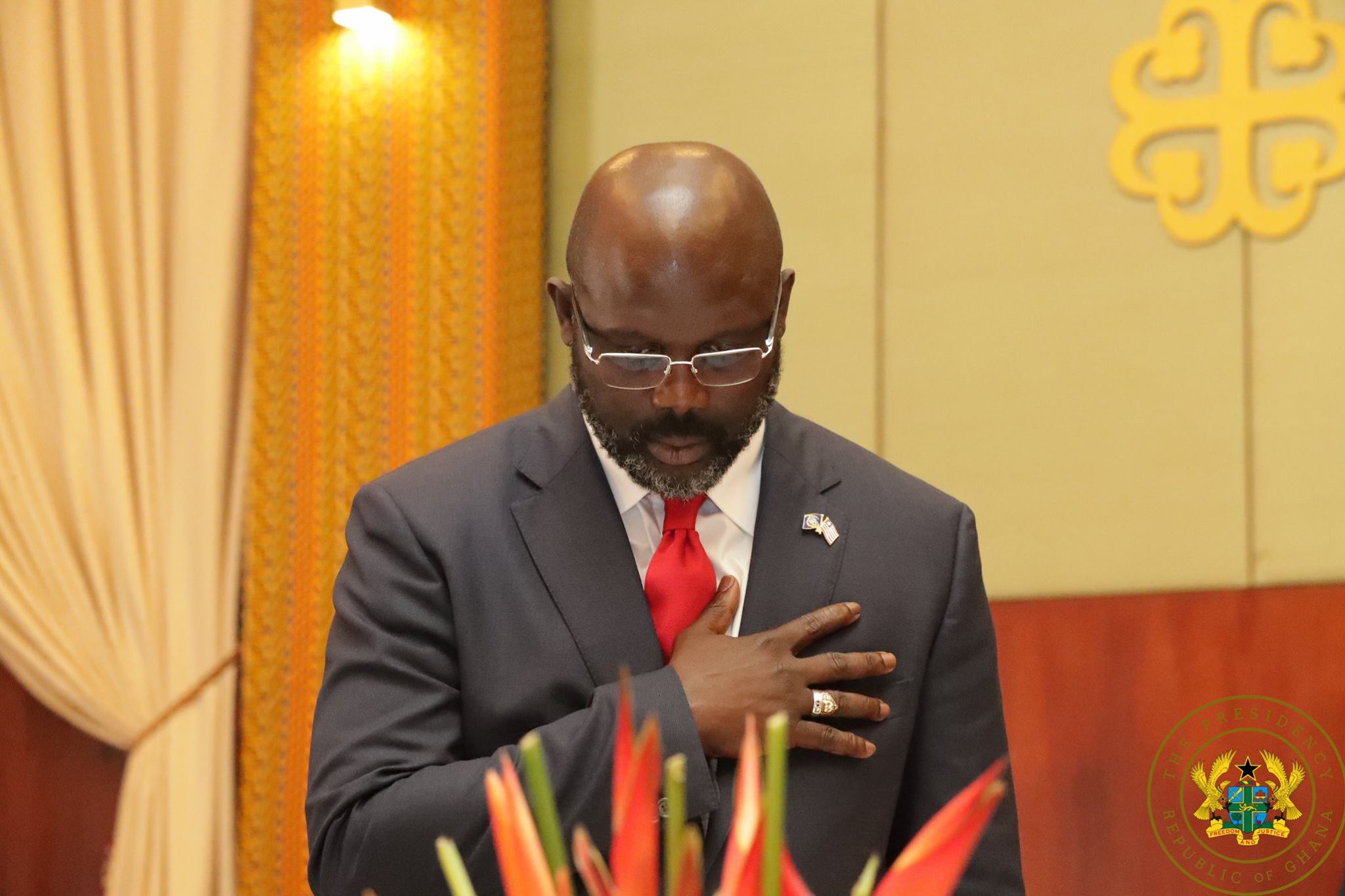State actors including President Weah, his senior appointees and members of Parliament have since the inception of the new government in Liberia, acted in ways that have put the government and the media on a collision course amid fears that the situation might reverse the country’s democratic gains.
In a statement which amply captures the frosty government-media relations, the umbrella journalists’ organization in Liberia, Press Union of Liberia (PUL), on March 22, 2018, said that “it has followed with total dismay rabble-rousing comments from different sections of the Weah Administration directed towards the media in Liberia.”
The Union proceeded to recount recent anti-media pronouncements by senior government officials including the Mayor of Monrovia and the Deputy Information Minister designate.
“We [will] stand tall to work for our people and care less about the media criticisms of this government,” it quoted the mayor, Jefferson Koijee, to have said on March 13, 2018.
It added that Deputy Information Minister designate, Eugene Fahngon, vowed that the media will remain “broke” or poor for the next 12 years. This was after Mr. Fahngon had accused the media of conspiracy against candidate Weah during last year’s electoral campaign.
According to the PUL, the above statements by senior government officials portrayed an attitude of contempt and hostility towards the media.
On the very day the journalists’ union was lamenting the above incidents, the President himself joined the fray as he embarrassed a senior journalist and longstanding BBC correspondent, Jonathan Paye-Layleh, during a press briefing. Responding to a question from Mr. Paye-Layleh about the Truth and Reconciliation agenda of his administration, President Weah, clearly irritated, accused the journalist of working against his efforts to promote human rights, right from the civil-war days. The incident happened in the presence of the visiting Deputy Secretary General of the United Nations, Ms. Amina J. Mohammed.
In response, the PUL wrote an open letter to the President saying it was “bewildered” by his accusation and challenged him to back it with evidence.
Three days later (March 25), the Presidency responded by stating that the President stood by his accusations against Mr. Paye-Layleh. In a matter of hours, the PUL riposted with another statement expressing regret that the “Office of the President is headed into tearing down one of Liberia’s revered journalists in the eyes of the world. The statement continued: “PUL insists that the legitimate fear growing out of the President’s comments could force the journalist into self-censorship.” It is thus no exaggeration to say the government and the media are at daggers drawn.
In the latest incident, the Speaker of Liberia’s House of Representatives, Bhofal Chambers, is reported to have humiliated a group of journalists in his office on March 29. Nathaniel Daygbor of the New Dawn Newspaper reported that he and fellow journalists, Jackson Clay and Austin Kiawah had gone to seek clarification from the Speaker following a public controversy surrounding his academic credentials. However, according to Daygbor, the Speaker called armed security guards to drive them away, amidst threats and insults. The MFWA’s correspondent in Liberia says an audio recording played on a local radio station appeared to corroborate Daygbor’s account of the incident.
The above incident follows earlier episodes in which journalists were assaulted by, or on the orders of, lawmakers. On February 9, 2018, a Member of Parliament of the ruling Coalition for Democratic Change (CDC), Munah Pelham-Youngblood of Montserrado County District, verbally and physically assaulted Henry Karmo, the parliamentary correspondent of the FrontPage Africa newspaper at the premises of the House. The lawmaker accused the journalist of publishing a hostile story about her.
Following the incident, the Centre for Media Studies and Peace-building (CEMESP), the MFWA’s partner organisation in Liberia, issued a statement on February 16 to denounce the assault. The statement noted that “This is the second wave of attack on journalists at the Capitol Building, the seat of the Liberian Legislature in recent times; the first being the flogging of two journalists, allegedly upon the orders of Grand Bassa County Senator, Nyonblee Kangar-Lawrence a few days earlier.” In the flogging incident under reference, Abraham Morris of the Inprofile Newspaper and Austin Kawa of Prime FM were beaten by a policeman at the premises of the Liberian Senate.
The situation has alarmed the media fraternity and press freedom organisations in the country. In an April 2, 2018 editorial titled Creeping Intolerance, a leading online news platform, thenewdawnliberia.com, lamented the government’s hostility against the media in the following terms:
“For some reasons, some officials of the administration are creating an impression that the media in the country is an undesirable element with a destructive agenda that should be aborted at all cost.”
The MFWA is equally concerned and disappointed about the “cold war” between the government and the media in Liberia. It will be recalled that the MFWA recommended to President Weah, upon his assumption of office, to make the media allies of his promised anti-corruption crusade. In that regard, we recommended to the new government to prioritise the process to decriminalise libel which the previous government had commenced.
However, the early signals from the Weah administration are hardly encouraging. Indeed, judging by the anti-media posture of senior members of his government, it appears unlikely that they will pursue the criminal libel reform process with any degree of urgency or conviction.
The MFWA therefore reiterates its call on President Weah to collaborate with the media as a central pillar of Liberia’s democratic architecture and an indispensable tool in his avowed fight against corruption.
We also urge the media not to allow the recent incidents to provoke them into vindictive or petty journalism. They should rather continue to pursue the national interest by remaining committed to the professional tenets of objectivity, fairness and balance in their reportage.
